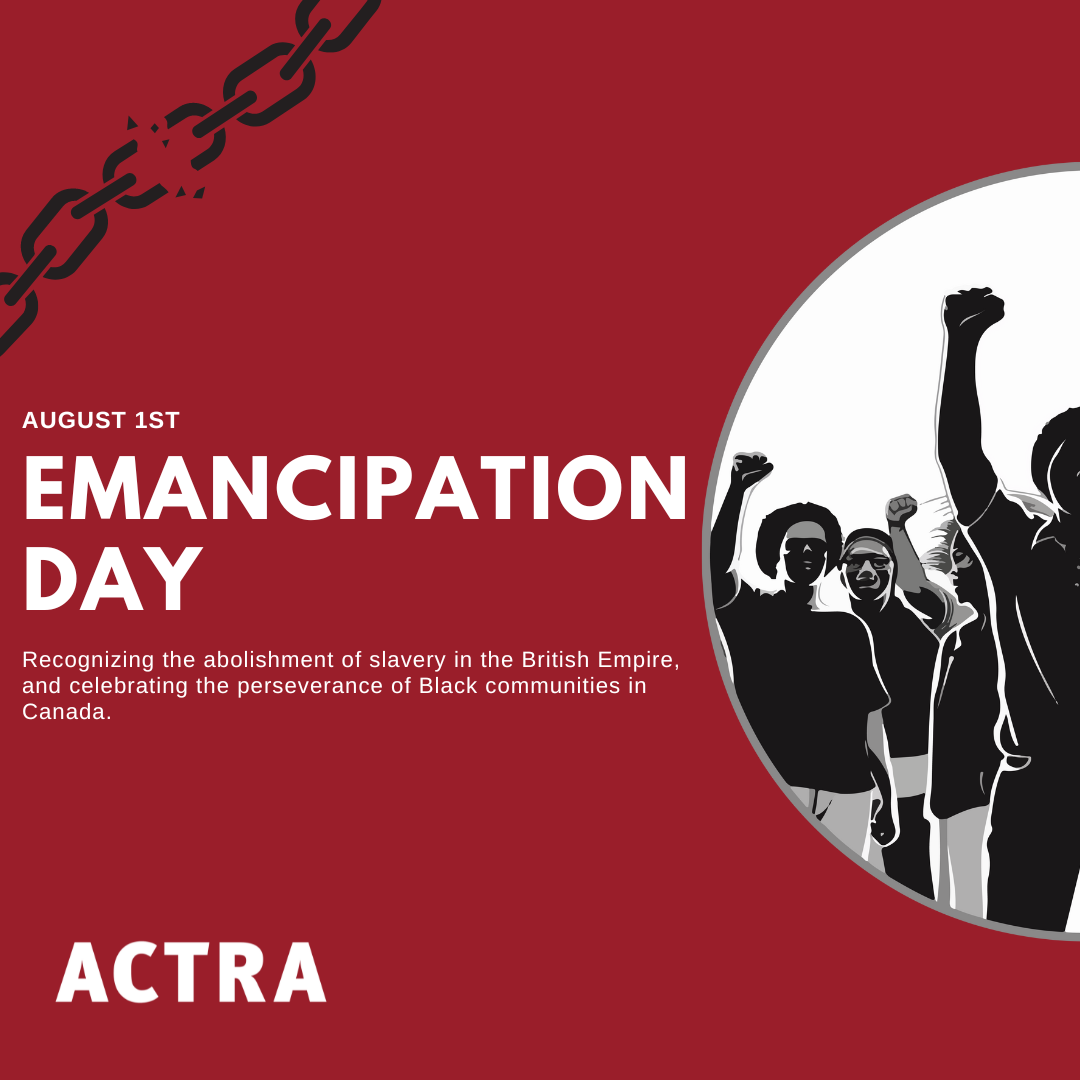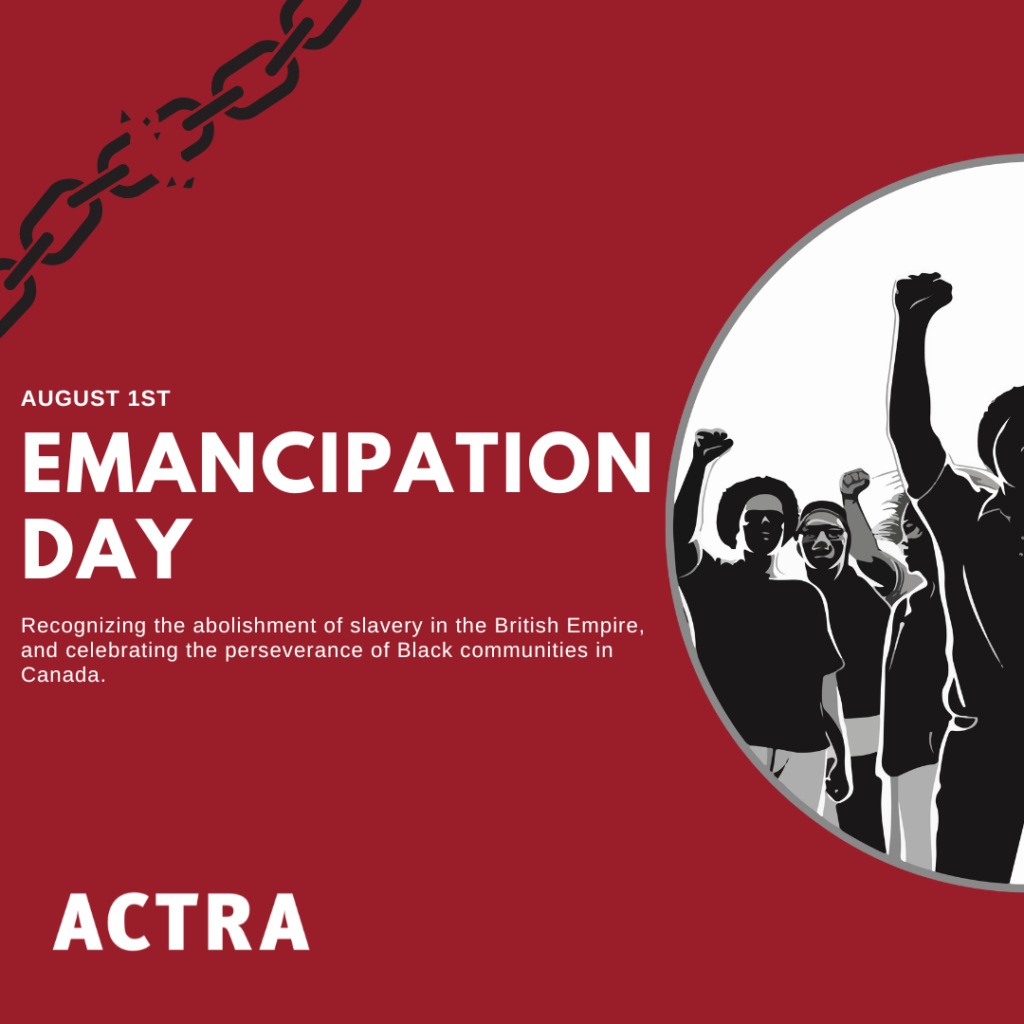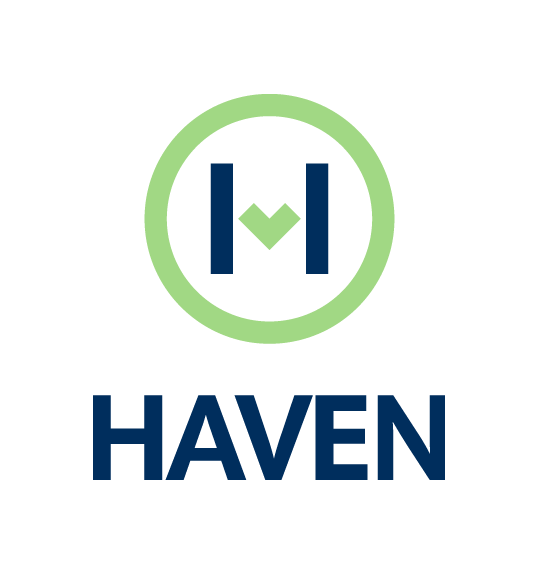
In 2021, the House of Commons voted unanimously to recognize Emancipation Day on August 1 every year, to mark the day in 1834 that Slavery was abolished across the British Empire.

August 1st is a day of reflection, education, and a recommitment to solidarity with Black communities across Canada. It marks how the sacrifice, bravery, and unwavering devotion to community broke through to create real change, fueled by the power of people that tirelessly fought for freedom and equity. Although people of African descent made up the majority of enslaved peoples in the 40 years leading up to the abolishment of slavery in Canada, it is important to note that enslaved Indigenous peoples made up two-thirds of enslaved peoples in Canada over the course of about 150 years.
We invite you to learn more about Canada’s history of enslavement and segregation, and its lasting impacts, which are still felt by members of Black and Indigenous communities today.
Despite the progress that has been made, issues rooted in systemic racism that disproportionately impact the Black community – such as hair and makeup equity – remind us that there is much work to do. As a union, we know that recognition is simply not enough. We must also understand, unravel, and unlearn systemic barriers that continue to perpetuate anti-Black racism, whether subtle or overt – so that we can take action and make meaningful strides to better represent and advocate for all members.
There are many ways to celebrate the artistic works of Black creators in honour of Emancipation Day: Exploring ACTRA projects such as The Porter, Real Blackity Talk, Diggstown, and Revenge of the Black Best Friend on CBC Gem; sharing educational resources, and supporting and amplifying organizations that support Black content creators, such as the Black Screen Office.
In solidarity,
Eleanor Noble
ACTRA National President

